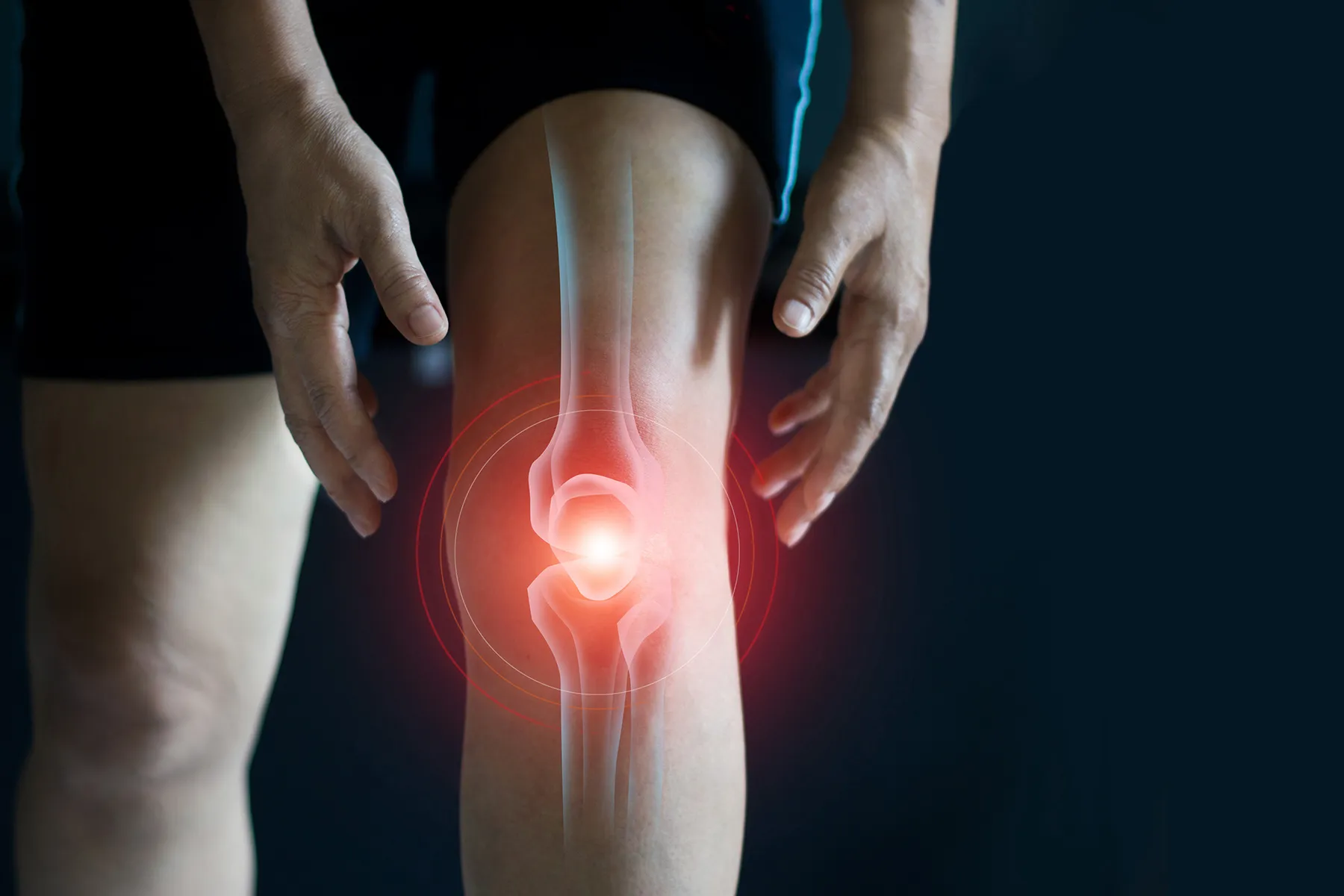— Study finds preexisting risk factors in all patients hospitalized for neurologic symptoms
by Judy GeorgeDeputy Managing Editor, MedPage Today May 26, 2023
All patients hospitalized with new or relapsing neurologic events after SARS-CoV-2 vaccination at a New York tertiary hospital had one or more risk factors for their neurologic condition, a prospective study showed.
The most prominent neurologic index events in these vaccinated patients were ischemic stroke (37.7%), encephalopathy (32.6%), seizure (15.9%), and intracranial hemorrhage (ICH; 9.4%), according to Kiran Thakur, MD, of Columbia University Irving Medical Center/NewYork-Presbyterian Hospital in New York City, and co-authors.
Of 3,830 individuals screened from December 2020 through June 2021 for COVID-19 vaccination status and neurologic conditions, 138 had a neurologic differential diagnosis and a COVID vaccine within 6 weeks of hospitalization, including 126 who received an mRNA vaccine. All 138 cases had at least one risk factor or evidence of a known potential cause of their neurologic event, Thakur and colleagues reported in Neurology: Clinical Practice.
Metabolic derangement was the most common etiology for vaccinated patients with seizures (53.3%) and encephalopathy (22.7%). Hypertension was the most significant risk factor for those with ischemic stroke (86.5%) and ICH (30.8%).
“We were unable to determine a causal association between the new diagnosed neurologic condition and mRNA or adenovirus COVID-19 vaccination at our site,” the researchers stated.
“Our comprehensive clinical review of these cases supports the safety of mRNA COVID-19 vaccines,” they added.
Researchers and government agencies have warned of rare cases of cerebral venous sinus thrombosis (CVST) and Guillain-Barré syndrome (GBS) among people who received Johnson & Johnson’s COVID-19 adenovirus vector vaccine. Otherwise, U.S. vaccine safety surveillance systems have not detected unexpected safety concerns for clinically serious neurologic conditions after COVID-19 vaccinations, Thakur and colleagues noted.
“To date, the Vaccine Adverse Event Reporting System (VAERS) and Vaccine Safety Datalink (VSD) monitoring has not identified increased risk of neurologic AEFIs [adverse events following immunization] or AESIs [adverse events of special interest] after mRNA COVID-19 vaccines,” they wrote.
As part of its COVID-19 vaccine safety monitoring, the CDC has prespecified several AESIs, including ischemic stroke, encephalopathy, seizure, ICH, encephalitis, multiple sclerosis (MS), Bell’s palsy, myelitis, GBS, chronic inflammatory demyelinating polyneuropathy (CIDP), CVST, myasthenia gravis, and optic neuritis.
During the first 6 months of the U.S. COVID-19 vaccination program, Thakur and co-authors prospectively screened for new or relapsing neurologic AESIs in all adult inpatients who were partially or completely vaccinated against COVID-19.
Among inpatients with confirmed vaccination status within 6 weeks of hospitalization, the researchers identified 172 eligible people with neurologic differential diagnoses; 34 were excluded as they had neurologic conditions not on the prespecified AESI list.
The final cohort of 138 people included 52 cases of ischemic stroke, 45 cases of encephalopathy, 22 cases of seizure, and 13 cases of ICH. In addition, there were five cases of encephalitis, four cases of MS (two new diagnoses, two flares), three cases of Bell’s palsy, two cases of myelitis, and one case each of GBS, CIDP, and CVST. Nine patients died during acute hospitalization.
Nearly 60% had received the Pfizer-BioNTech (BNT162b2; Comirnaty) vaccine and 31% received the Moderna (mRNA-1273; Spikevax) shot. Two-thirds of patients were fully vaccinated before they were hospitalized.
Median age was 68 and 51% were female. Overall, 30% were white, 20% were Black, and 33% were multiracial or other. About half of the patients with stroke, encephalopathy, or seizure were Hispanic or Latino.
Fifteen patients with seizure had underlying brain disorders, including ICH, stroke, brain tumor, and encephalitis. Most patients with ICH had a history of recent anticoagulant medication or hypertension. More than 90% of stroke patients had multiple risk factors including hypertension, diabetes, and hyperlipidemia. Most patients with encephalopathy had multiple comorbid factors, mainly metabolic derangements.
The GBS case had a recent herpes zoster infection. The CVST case had a history of Hashimoto thyroiditis, idiopathic intracranial hypertension, and hypercoagulability with oral contraception. Neither received the Johnson & Johnson vaccine.
Vaccination could not be explicitly ruled out as a risk factor without a control group, Thakur and colleagues acknowledged. “There may be an unknown but attributable risk of SARS-CoV-2 vaccination that we were unable to account for,” they observed.
Sociodemographic risk factors — smoking, age, sex, or race — were not included in the assessment. In addition, the single study center identified a relatively small patient cohort. “Consequently, our study is limited in its generalizability,” the researchers wrote.
Judy George covers neurology and neuroscience news for MedPage Today, writing about brain aging, Alzheimer’s, dementia, MS, rare diseases, epilepsy, autism, headache, stroke, Parkinson’s, ALS, concussion, CTE, sleep, pain, and more. Follow
Disclosures
This work was funded by the CDC.
Thakur reports participation as an external consultant in the Clinical Immunization Safety Network of the CDC. Co-authors reported no disclosures.
Primary Source
Neurology: Clinical Practice
Source Reference: Kim CY, et al “Observational study of patients hospitalized with neurologic events after SARS-CoV-2 vaccination, December 2020-June 2021” Neurol Clin Pract 2023; DOI: 10.1212/CPJ.0000000000200166.
Note: This article have been indexed to our site. We do not claim legitimacy, ownership or copyright of any of the content above. To see the article at original source Click Here













